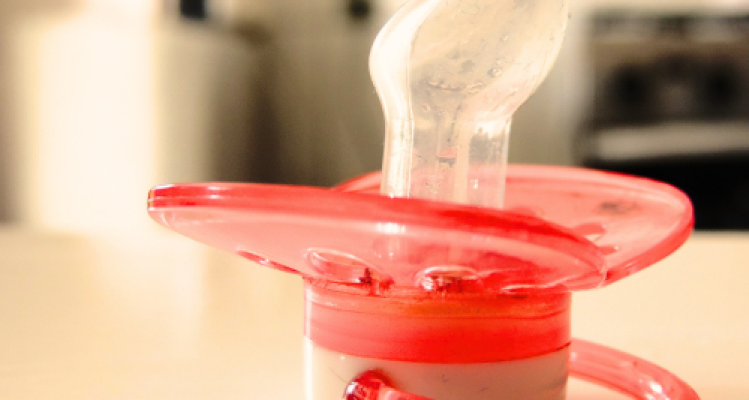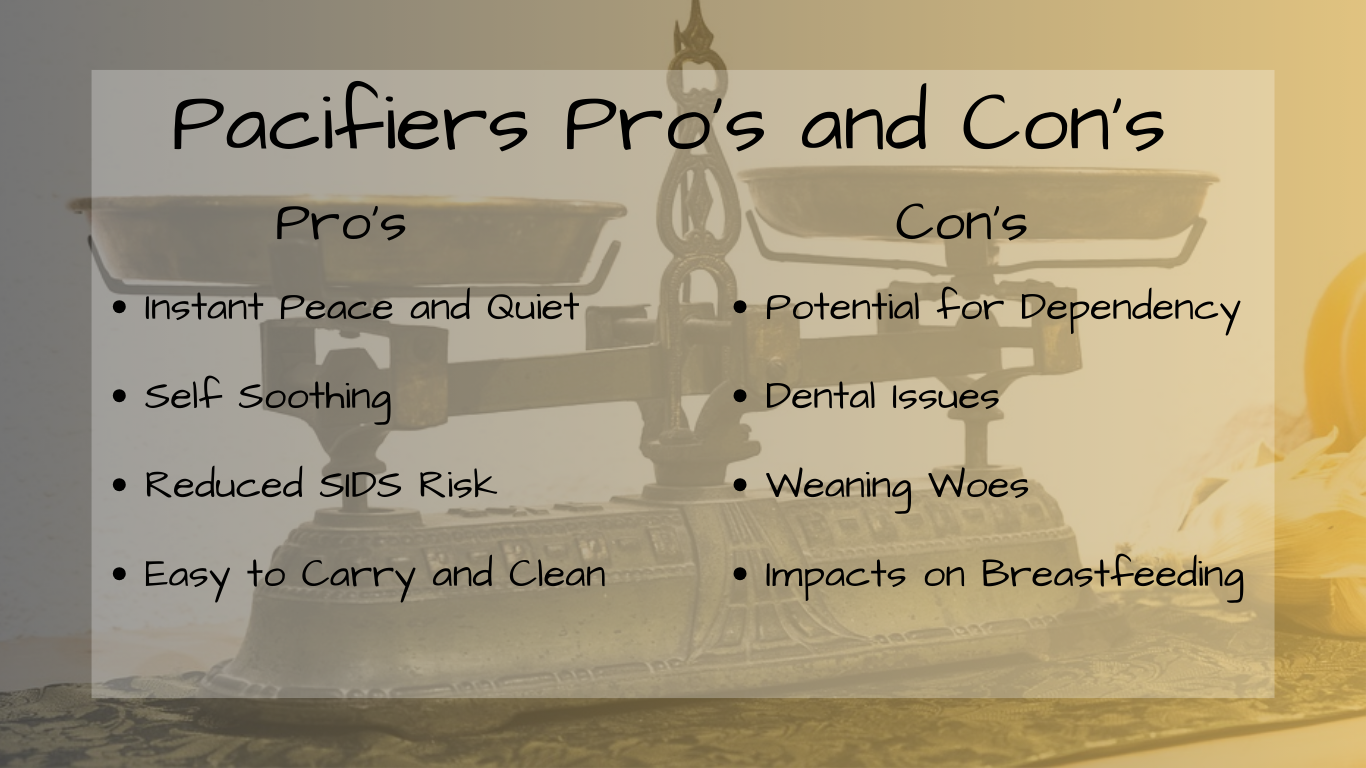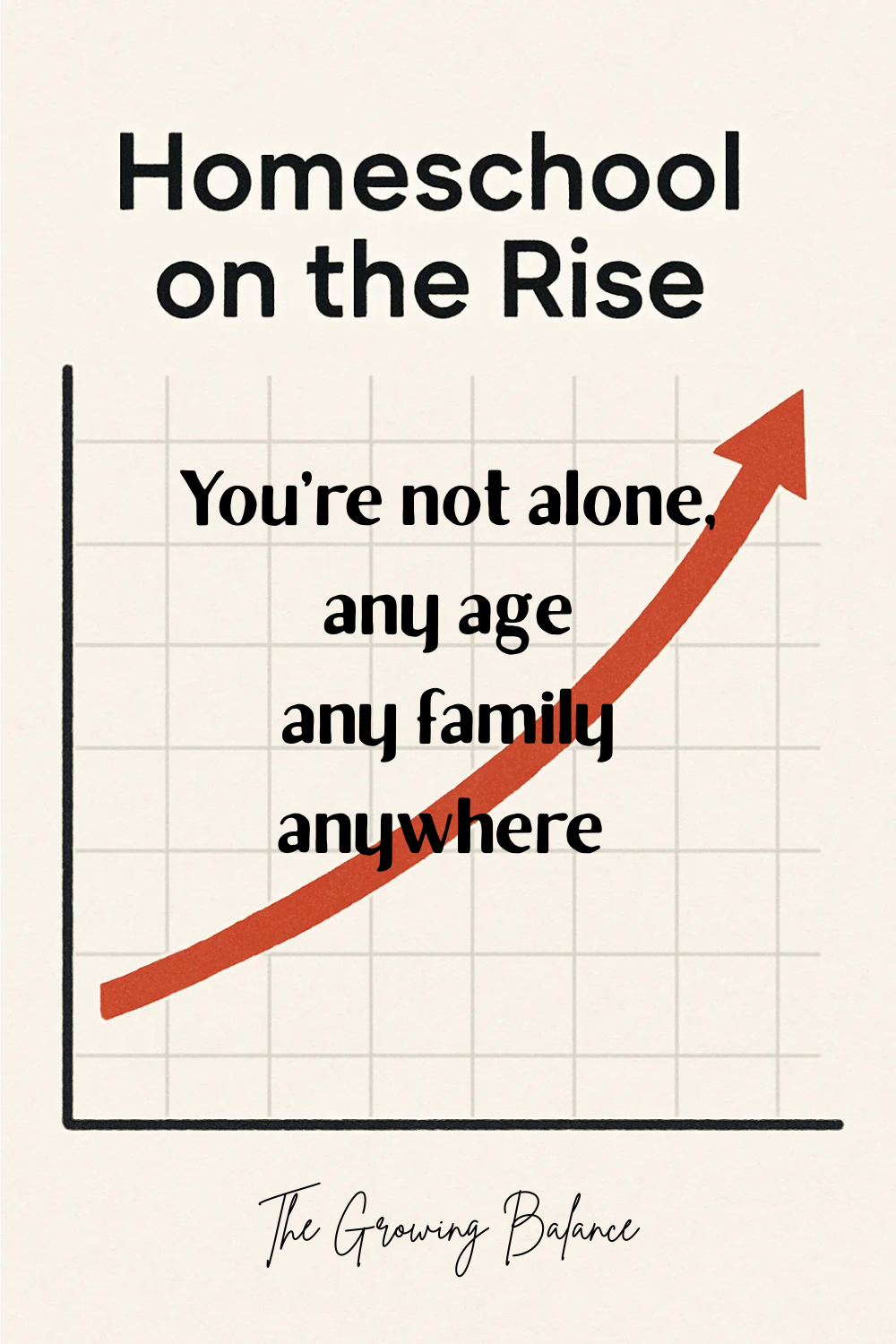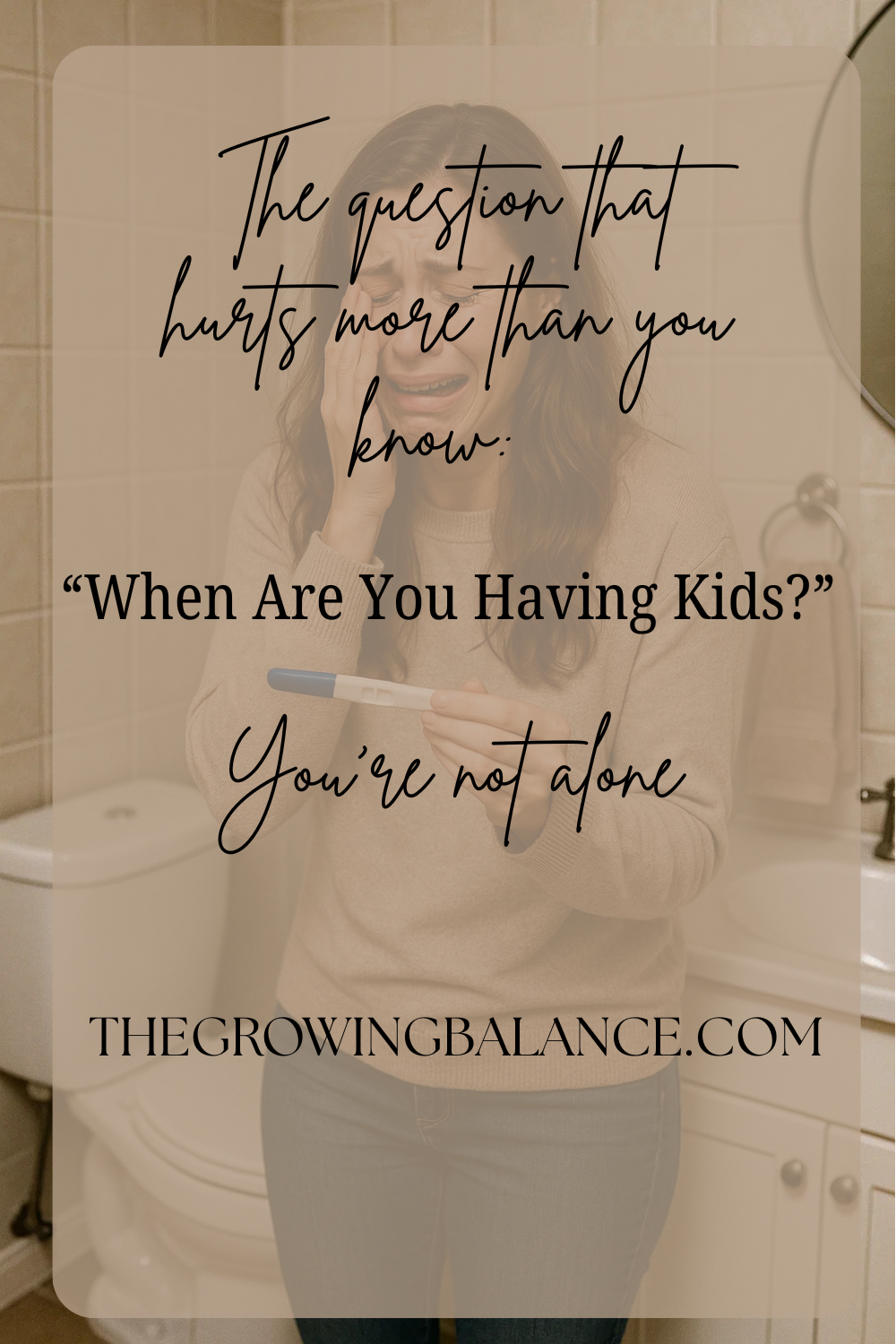The Soothing Dilemma: Pacifiers for Children – A Balancing Act of Benefits and Downsides
We’ll explore the advantages and disadvantages of children using pacifiers for soothing

The Soothing Dilemma: Pacifiers for Children – A Balancing Act of Benefits and Downsides
Ah, the pacifier! A small, often colorful device that can bring instant calm to a fussing baby. Many parents swear by them, and others might have a more cautious approach. In this blog post, we’ll explore the advantages and disadvantages of children using pacifiers for soothing, all while keeping it light and engaging. After all, parenting can be serious business, but there’s no reason we can’t have a little fun while discussing it! In our family, we have used pacifiers for two of our children, although our youngest never liked them.

The Sweet Perks of Pacifiers
1. Instant Peace and Quiet:
Let’s be honest—a crying baby isn’t exactly music to anyone’s ears. Enter the pacifier, your new best friend! When you pop one in that little mouth, you can often turn chaos into calm in mere seconds. It’s like pulling a rabbit out of a hat, especially if you have been dealing with a fussy baby for a long period.
2. Self-Soothing Skills:
Pacifiers not only provide immediate comfort but also help babies learn to self-soothe. Sucking on a pacifier can be particularly soothing for infants, helping them to develop the ability to calm themselves down when they’re feeling stressed or upset.
3. Reduced SIDS Risk:
Some studies suggest that using a pacifier during sleep may reduce the risk of Sudden Infant Death Syndrome (SIDS). While researchers are still exploring the reasons behind this, many parents find this potential benefit compelling enough to give pacifiers a try. This was the main reason that we decided to use pacifiers with our children.
4. Easy to Carry and Clean:
Pacifiers are portable and fit conveniently in diaper bags, making them a nifty go-to during outings. Plus, keeping them clean can be a breeze with a quick wash or a trip through the sterilizer.
The Flip Side: Disadvantages of Pacifiers
1. Potential for Dependency:
While a pacifier can help soothe situations, there is a risk that children may become too dependent on them. You certainly don’t want to be that parent trying to pry a pacifier out of a toddler’s mouth during a tantrum! Luckily for us, this was never the case, our oldest and middle child just stopped asking for their pacifier. We did stop offering it to them when they were upset and eventually, they weaned off fairly easily.
2. Dental Issues:
Long-term pacifier use can affect dental development. Prolonged sucking can potentially lead to issues like misaligned teeth or problems with the roof of the mouth. While many kids naturally outgrow pacifier use before these issues arise, it’s worth considering. This was my single biggest fear as my children got older. Around the age of one, we stopped offering it to them as a way to calm down.
3. Weaning Woes:
Tackling the transition from a pacifier back to a ‘pacifier-free’ life can be a challenge. You might encounter resistance from your little one, who might not be ready to say goodbye. If you remember your childhood attachments to favorite blankies or toys, you can probably relate! Just because I feel like our transition went well, does not mean that we didn't have moments of complete chaos. These times made me want to give in and just let them have the pacifier.
4. Impacts on Breastfeeding:
Some studies suggest that early pacifier use might interfere with breastfeeding. If an infant is used to sucking on a pacifier, they may have trouble latching onto the breast, which can affect feeding success. We ran into this issue with our youngest, which might be a reason that he never really wanted a pacifier. Our two oldest children were formula only and never really were breastfed however, our youngest was breastfed for about the two months of his life.
Finding the Right Balance
So, is there a clear answer as to whether pacifiers are beneficial or not? Like most parenting dilemmas, the answer lies somewhere in the middle. The key is moderation and awareness. If you’re considering a pacifier for your child, think about their needs, the context, and how it fits into your parenting philosophy.
Some parents choose to use pacifiers to help ease their babies into sleep or comfort during car rides, while others may opt for alternative soothing methods—like cuddles or swaddling. Whatever your choice, trust your instincts and remember that each child is unique!
In the grand saga of parenthood, the pacifier could just be one chapter in your soothing story. Assess the pros and cons, make an informed decision, and don’t forget to have a good laugh every now and then about the wonderfully chaotic journey of raising little ones. Happy parenting!



